EDITORIAL
Published on 04 Aug 2020
Editorial: Implementing Environmental Flows: Lessons for Policy and Practice
doi 10.3389/fenvs.2020.00106
- 2,716 views
- 11 citations
19k
Total downloads
160k
Total views and downloads
You will be redirected to our submission process.
EDITORIAL
Published on 04 Aug 2020
POLICY AND PRACTICE REVIEWS
Published on 09 Aug 2019
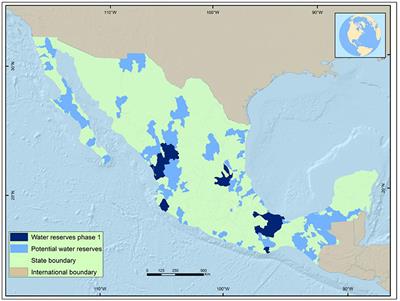
POLICY AND PRACTICE REVIEWS
Published on 25 Jun 2019
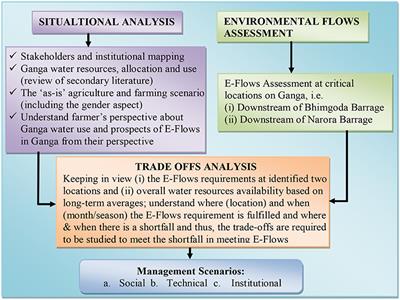
POLICY AND PRACTICE REVIEWS
Published on 14 Nov 2018
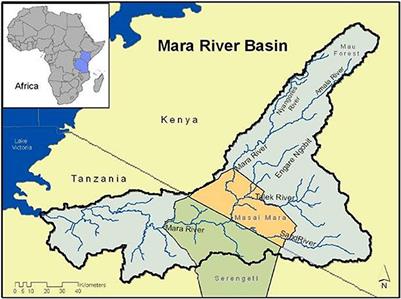
PERSPECTIVE
Published on 24 Oct 2018
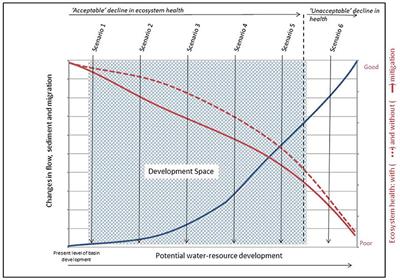
PERSPECTIVE
Published on 23 Oct 2018
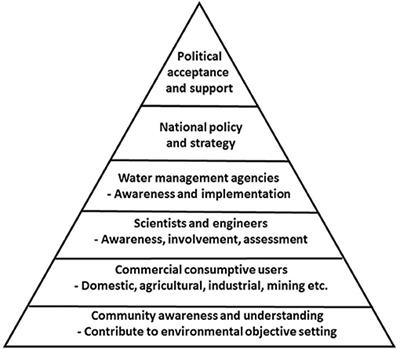
REVIEW
Published on 11 Oct 2018
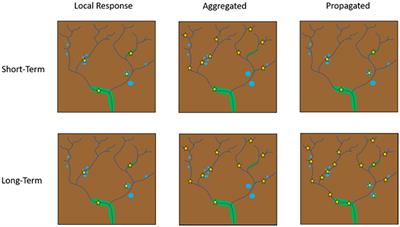
REVIEW
Published on 09 Aug 2018
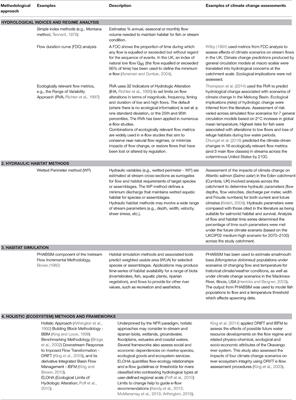
POLICY AND PRACTICE REVIEWS
Published on 08 Aug 2018
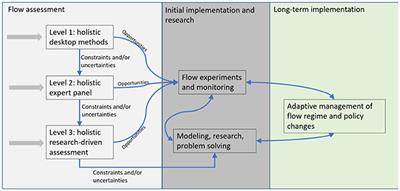
POLICY AND PRACTICE REVIEWS
Published on 03 Jul 2018
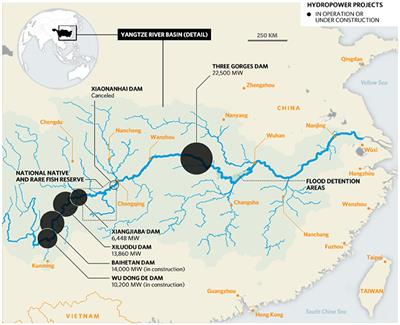
POLICY AND PRACTICE REVIEWS
Published on 02 Jul 2018
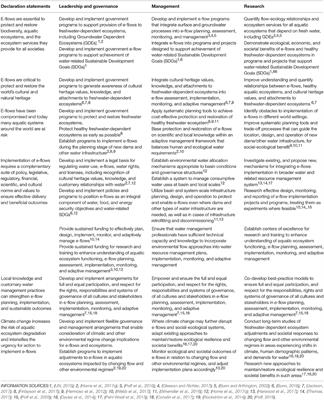
PERSPECTIVE
Published on 06 Jun 2018
